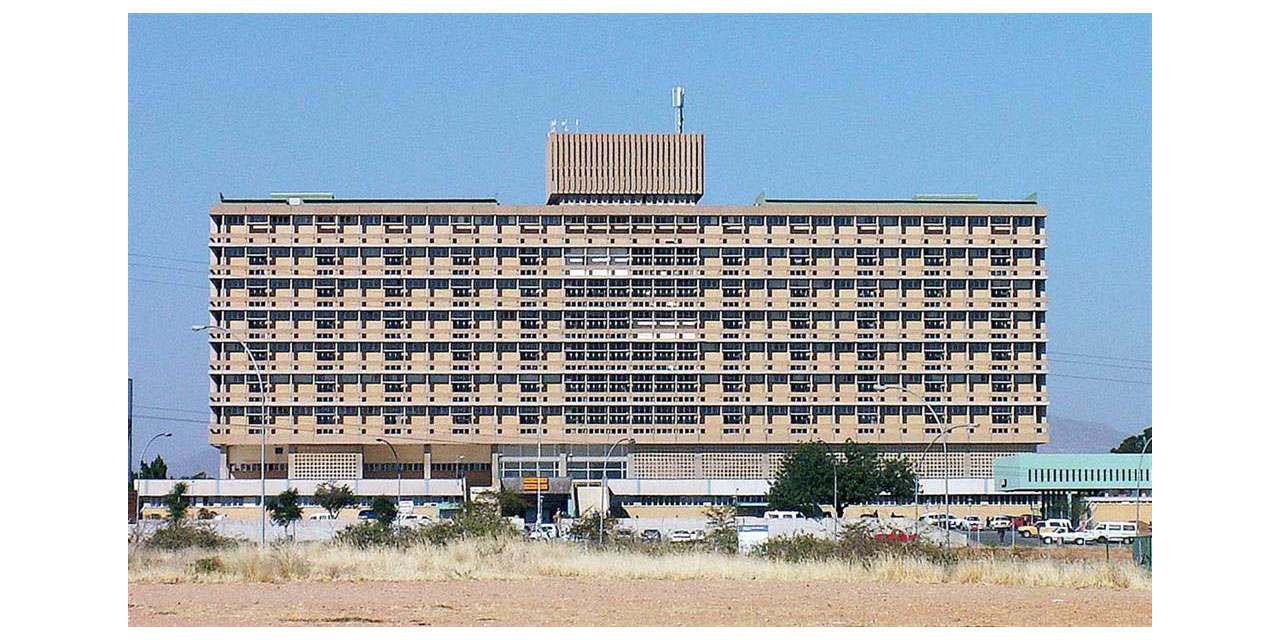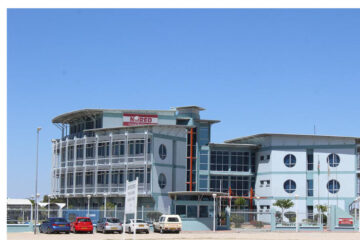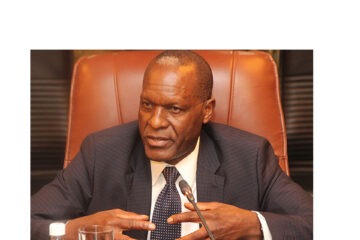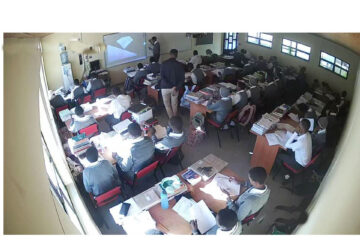Hertta-Maria Amutenja
In a recent report by the African Peer Review Mechanism (APRM), it has been highlighted that access to healthcare in Namibia is unevenly distributed across the country, with only three regions boasting sufficient healthcare facilities.
According to the report, the Country Review Mission (CRM) delved into various aspects, shedding light on disparities in healthcare and sanitation.
The report notes that regions like Khomas, Oshana, and Zambezi have state-of-the-art healthcare facilities. However, the majority of Namibians, especially in rural areas, face challenges accessing adequate healthcare.
With 431 public healthcare facilities, including 27 hospitals, the report reveals that the Windhoek Central Hospital and Katutura Hospital serve as national referral centres. While urban regions enjoy better healthcare infrastructure, rural communities grapple with long distances to reach health facilities, limited operating hours, and scarce emergency access.
“However, the rural population still has to travel long distances to access health facilities. Some health facilities in the rural areas do not operate round the clock, and access to them is not often possible in an emergency,” read the report.
The report further states that the Namibian government, as per the CRM, acknowledged these challenges and has implemented measures to improve healthcare accessibility.
Initiatives include deploying skilled healthcare workers nationwide, utilizing community healthcare workers, and conducting outreach programs. However, the report emphasizes the urgent need for increased sanitation services, particularly in rural areas.
This week during the report launch President Nangolo Mbumba expressed the importance of integrating the Country Review Report’s recommendations into existing strategies and plans.
He welcomed the initiative to mobilize funding for the implementation of the National Plan of Action, hinting at the possibility of establishing a permanent National Secretariat for continued coordination of APRM activities in Namibia.
“Government will consider the possibility of establishing a permanent National Secretariat to continue coordinating APRM activities and programmes in the country thereby ensuring the full implementation of the National Plan of Action. Therefore, we look forward to the outcomes of a feasibility study to be conducted inclusive of stakeholder engagements,” Said Mbumba.
In addition to healthcare concerns, the report also touches upon challenges in education, emphasizing the need to increase the number of schools and reduce distances between school locations in rural areas. The report calls for fully equipped boarding schools and hostels for special-needs pupils in each local authority.
“Many children in rural areas have to travel many kilometres to school, which is a challenge for access to education, including for disabled children, vulnerable pupils and girls. The situation is made more difficult by the fact that schools in some rural areas are severely understaffed. It emerged from the stakeholder meetings that classrooms are generally overcrowded – with a ratio of 50 to 70 students per teacher,” read the report.
Moreover, South African President Cyril Ramaphosa, Chairperson of the African Peer Review Forum (2020-2022), commended Namibia for actively participating in the APRM programme. He acknowledged the country’s commitment to addressing governance challenges, essential for socio-economic development in line with Agenda 2063.
“Namibia has shown, through its active participation in the APRM programme, that it is fully committed at the highest levels to the principles of Pan-Africanism that the APRM and the wider NEPAD vision represent Namibia’s National African Peer Review Mechanism has answered the call for all AU Member States to identify and resolutely tackle governance challenges as a precursor for socio-economic development and the attainment of Agenda 2063, our continental blueprint for a better future,” said Ramaphosa.




